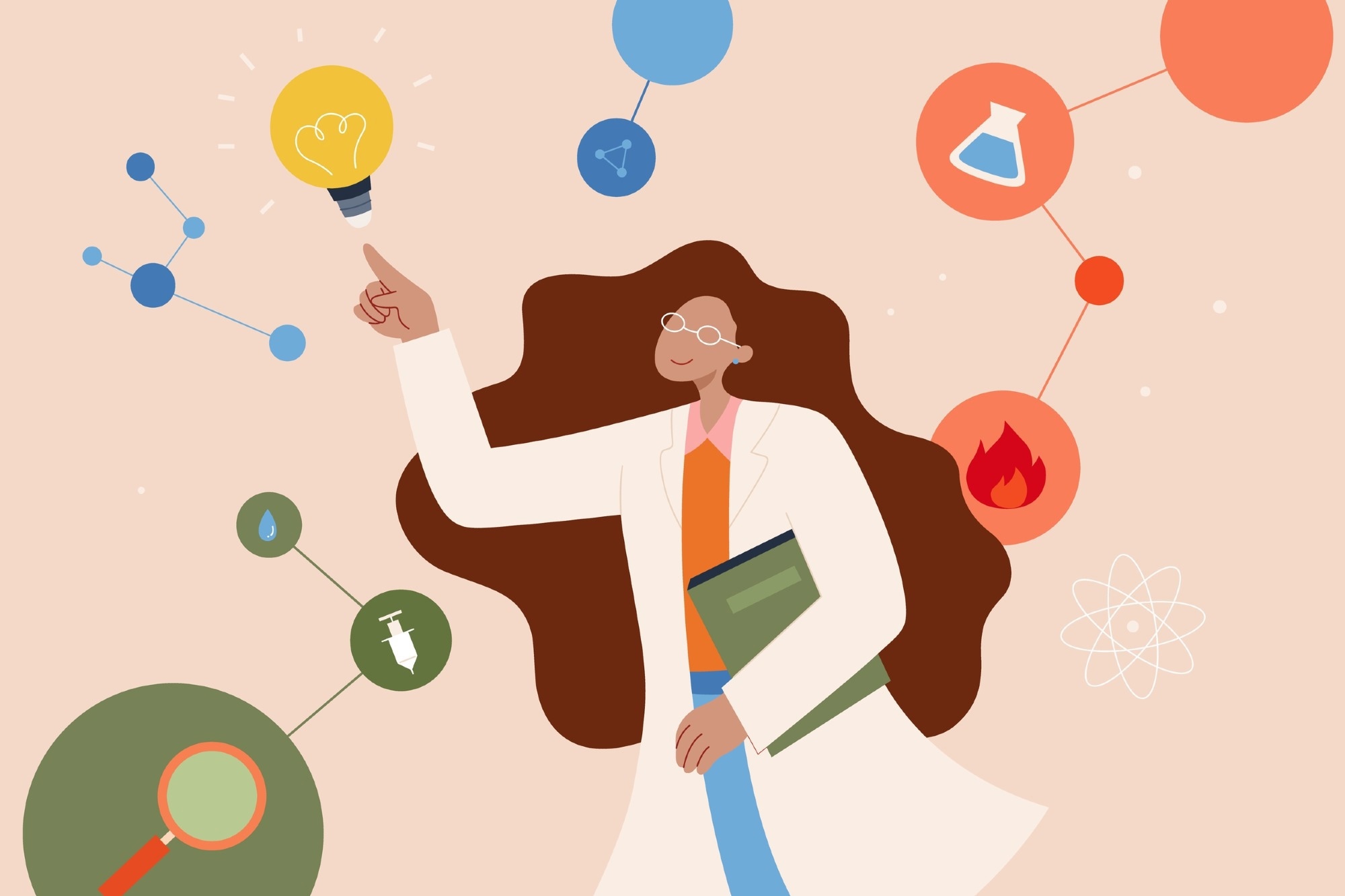Jan 30 2023
The journal, Artificial Intelligence in the Life Sciences (AILSCI), published by Elsevier, is set to release a special Themed Article Collection (TAC): Women in AI in the Life Sciences. Many female scientists have spearheaded ground-breaking research in this field, but despite their invaluable contributions, they often do not receive the visibility they deserve.

Image Credit: JoyImage/Shutterstock.com
AILSCI is on a quest to help female scientists get recognised for their contributions and to enhance the visibility of their work in the field of AI in the life sciences. This TAC will showcase the contributions driven by young and late-stage investigators—stellar scientists in their own right—who solve biomedical-, healthcare-, or chemistry-based research problems using AI.
AI, encompassing various disciplines including, among others, machine learning (ML), natural language processing, and computer vision, has significantly impacted human life. Over the last decade, it has turned into the driving force behind many emerging technologies. Its applications are embedded in our daily lives as voice assistants, image recognition software, food delivery apps, navigation apps, and much more. Interestingly, AI applications also play a significant role in the highly complex and interdisciplinary field of life sciences.
The journal is aiming to invite women to showcase their research in the AI arena, even if they may feel less confident, due to limited opportunities. As increasingly more female scientists come to the forefront to share their accomplishments, they will indeed be a source of inspiration for new entrants in the field of AI.
Female investigators report that it is still common for women’s inputs to be neglected by team members during discussions. At times, their ideas are repeated by other colleagues, and hence, falsely considered as the other person’s contribution. As a result, women in AI, especially new entrants in the field, tend to suffer from impostor syndrome and may gradually begin to participate less in public events.
These issues are heightened by salary inequities for women in the field. Such challenges, attributable to an unconscious gender bias in the workplace, make the AI industry trickier to navigate for a woman.
In late 2022, AILSCI hosted a webinar to discuss and recognise women’s contributions to the practical applications and theoretical advances of artificial intelligence in the life sciences, and the challenges they face in the industry. During the webinar, one of the panellists, Dr. Raquel Rodríguez-Pérez, Principal Scientist at Novartis Institutes for BioMedical Research, talked about how she uses ML and data science to predict particular properties of new compounds. It helps her immensely with decision-making, from prioritising compound modifications to narrowing down future experimental directions.
Similarly, Dr. Rebecca Swett, a Senior Scientist at Relay Therapeutics, talked about how she optimises synthesised compound libraries using ML. She makes use of an aggressive ML cycle, where AI is applied to multiple aspects of drug design to generate high-quality, accurate models for candidate drug compounds.
The webinar led to a candid and engaging discussion, in which multiple solutions were proposed on how organisations such as AILSCI can tackle an unconscious bias against women. The panellists stressed that inviting female investigators to submit their manuscripts could be a good start. Attendees also nominated female scientists for the AILSCI editorial board to invite to join future events planned for this special collection.